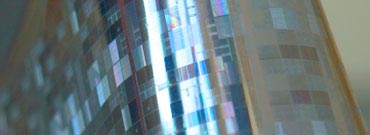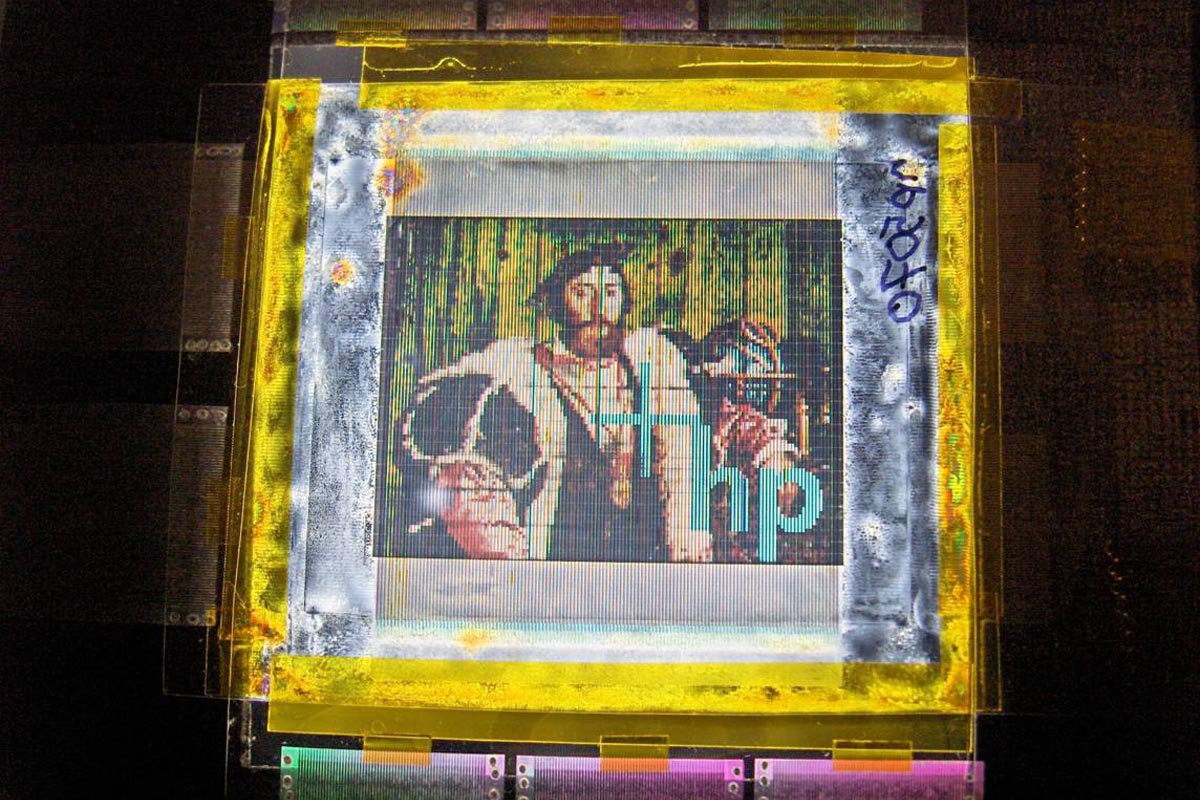HP to bring indestructible plastic displays and Memristor storage to market
Flexible displays with ultra efficient storage on course for 2014 rollout.
Imagine having an ultra-thin, lightweight tablet with a flexible and almost indestructible plastic display. Combine this with high-capacity storage and all day battery life and this will give you an idea on what HP is working on.
Specifically, it's the job of the HP Labs. There are multiple divisions dotted around the world stretching from China to the USA, with over 500 researchers. The Labs were originally set up in 1966 by HP founders, William Hewlett and Dave Packard, and have spawned creations ranging from the pocket calculator to inkjet printers.
John Apostolopoulos, director of mobile and immersive experience lab provided an insight into what the researchers are working on at the firm's Global Influencer Summit in Shanghai last week.
Its innovations include ultra-thin plastics displays, which are stronger, more flexible and cheaper than their glass counterparts.
"Today, displays are still relatively thick, fragile, heavy and flat. We can make them thinner, lighter, robust, low cost using our Self Aligned Imprint Lithography (SAIL) process," he told attendees.
"We believe we can make them [flexible plastic displays] as affordable as you can make flat displays."

The SAIL process involves unravelling a roll of plastic on an assembly line and imprinting thin film transistor onto it. This process is not too dissimilar to the traditional printing press and the continuous production makes it more cost effective than sheet-to-sheet batch production.
Get the ITPro daily newsletter
Sign up today and you will receive a free copy of our Future Focus 2025 report - the leading guidance on AI, cybersecurity and other IT challenges as per 700+ senior executives

The plastic displays will be used to make everything from foldable displays to wallpaper
The aim is to create tablets, e-books, magazines, and curved/foldable displays. The process will even allow for the creation of wallpaper and devices that can be worn on the wrist.
"It's very thin, very light and virtually indestructible. If I wore it on my arm and [it] was hit, it wouldn't break. It would just flex," he added.
-
 OpenAI's new GPT-4.1 models miss the mark on coding tasks
OpenAI's new GPT-4.1 models miss the mark on coding tasksNews OpenAI says its GPT-4.1 model family offers sizable improvements for coding, but tests show competitors still outperform it in key areas.
By Ross Kelly
-
 Meta just revived plans to train AI models using European user data
Meta just revived plans to train AI models using European user dataNews Meta has confirmed plans to train AI models using European users’ public content and conversations with its Meta AI chatbot.
By Nicole Kobie
-
 Why managing shareholders is key to innovation
Why managing shareholders is key to innovationIn-depth Seeking out investment for new technologies and seeing your ideas through requires continuous and measured trust-building
By Elliot Mulley-Goodbarne
-
 What tech investors can learn from three under-fire CEOs
What tech investors can learn from three under-fire CEOsAnalysis With clear lessons to learn from the high-profile cases of Autonomy, Theranos, and Wirecard, investors should tread carefully in future
By Rois Ni Thuama
-
 UK gov launches £375 million fund for "game-changing" startups
UK gov launches £375 million fund for "game-changing" startupsNews Future Fund: Breakthrough aims to ensure the UK is a world leader in the industries of the future
By Sabina Weston
-
 Xiaomi to be removed from US trade blacklist
Xiaomi to be removed from US trade blacklistNews The tech giant was placed on the CCMC list in January 2021 as one of the last policies enacted by president Donald Trump
By Sabina Weston
-
 UK leads Europe on VC investment despite Brexit uncertainty
UK leads Europe on VC investment despite Brexit uncertaintyNews UK startups raised £10.84 billion in 2020 to break funding records for the second year in a row
By Sabina Weston
-
 Digital investment will add £232 billion to UK economy by 2040
Digital investment will add £232 billion to UK economy by 2040News Digital processes in the public sector will create efficiency gains and cost-savings of £75 billion alone, according to Virgin Media Business
By Sabina Weston
-
 UK to review London listing rules to attract tech firms post-Brexit
UK to review London listing rules to attract tech firms post-BrexitNews Review may consider a reduction to the 25% available shares requirement for listing on the London Stock Exchange
By Sabina Weston
-
 UK records a 16% increase in new tech startups
UK records a 16% increase in new tech startupsNews RSM credits the growth to an increase in demand for technology to support remote working
By Sabina Weston